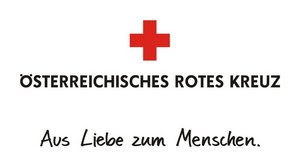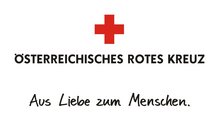
ETHIOPIA, IMPROVING GENDER EQUALITY AND LIVELIHOOD
National Skybird Micro-Project in West Arsi: Improving the Gender Equality and Livelihoods Status of Kokosa District Target Beneficiaries
About 95% of the livelihoods of the district’s population depend on rainfed subsistence agriculture, traditional livestock rearing, labour renting, firewood sale, and petty businesses. Local communities are frequently faced with food insecurity, threads to their livelihoods and various social and economic issues.
In addition, traditional and cultural perspectives of most communities on gender balance create deep-rooted disparities among the population. Participation and communication of women on livelihood activities, social and economic decisions is very limited. In particular, women have no right to access, own, control, use or exchange resources without the will and good interest of the men.
Proposed interventions:
The project therefore aims at establishing advocacy groups for gender-parity lobbying, holding trainings on gender equality for key stakeholders, organizing self-help groups and experience sharing visits for role models both male and female and host reflection workshops on gender equality for men.
To improve food security and livelihoods, women shall receive training in nutrition, crop rotation and seed utilization. Additionally, they will receive a training on how to start a business and how to establish a village savings group. To kick-off their businesses, participants will receive agricultural tools, improved seeds, sheep and some seed money.
Atete Women’s Groups:
As the project is currently being implemented, West Arsi Branch found out about a local Atete Women’s Group which seem to be well established and respected within the community. Women’s groups are an indigenous forum for Oromo women who gather under the banner of goddess Atete. Traditionally, Atete was a goddess for fertility but also for the protection of human rights and conflict resolution management. More recently, the position of women among the community declined due to influences from outside which worked against those indigenous structures.
As described by the Branch, Atete groups have their own privilege and women are wearing particular dresses and a cultural stick which marks them as part of the group. Every woman holding this stick (Sinke) is respected within the community. If a woman’s rights are violated, they can appeal to the Atete team who will take the case to local leaders. The local leaders will then call on the man and try to mediate between the two parties. As a final decision, local leaders can set a fine to be paid by the man who violated the woman’s rights. If the fine is not paid, elders can call on the community to take away social privileges such as invites to weddings, gatherings, funerals, etc. until the fine is paid. Once compensation is made, there is a mediation and arbitration ceremony in the presence of both parties.
The implementing team is well aware of the potential this has for the project and is looking to integrate and strengthen the Atete group as good as possible. The Branch wants to respect and work with existing indigenous knowledge and structures to reach the community through influential individuals. We are looking forward to hearing more of their collaboration and will keep you posted along the way.
